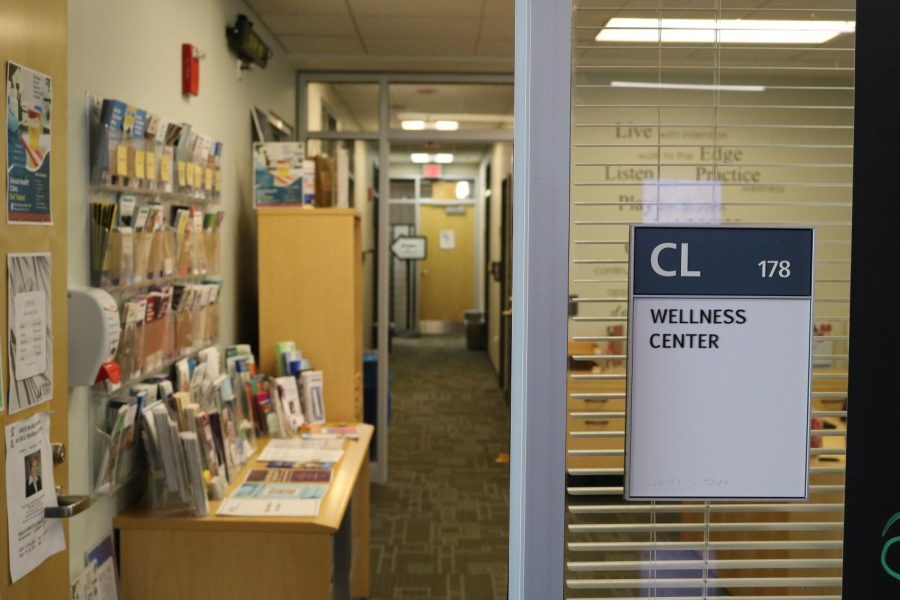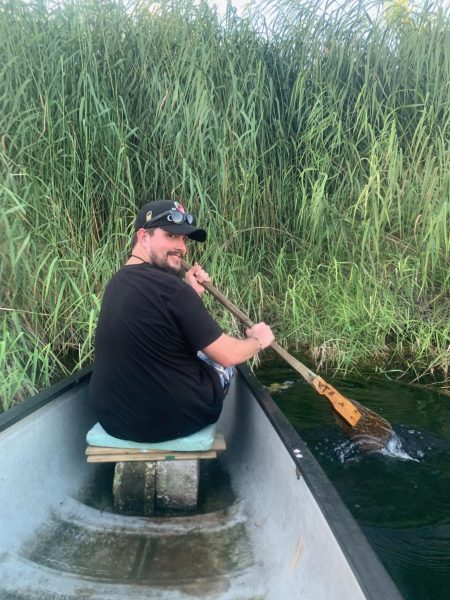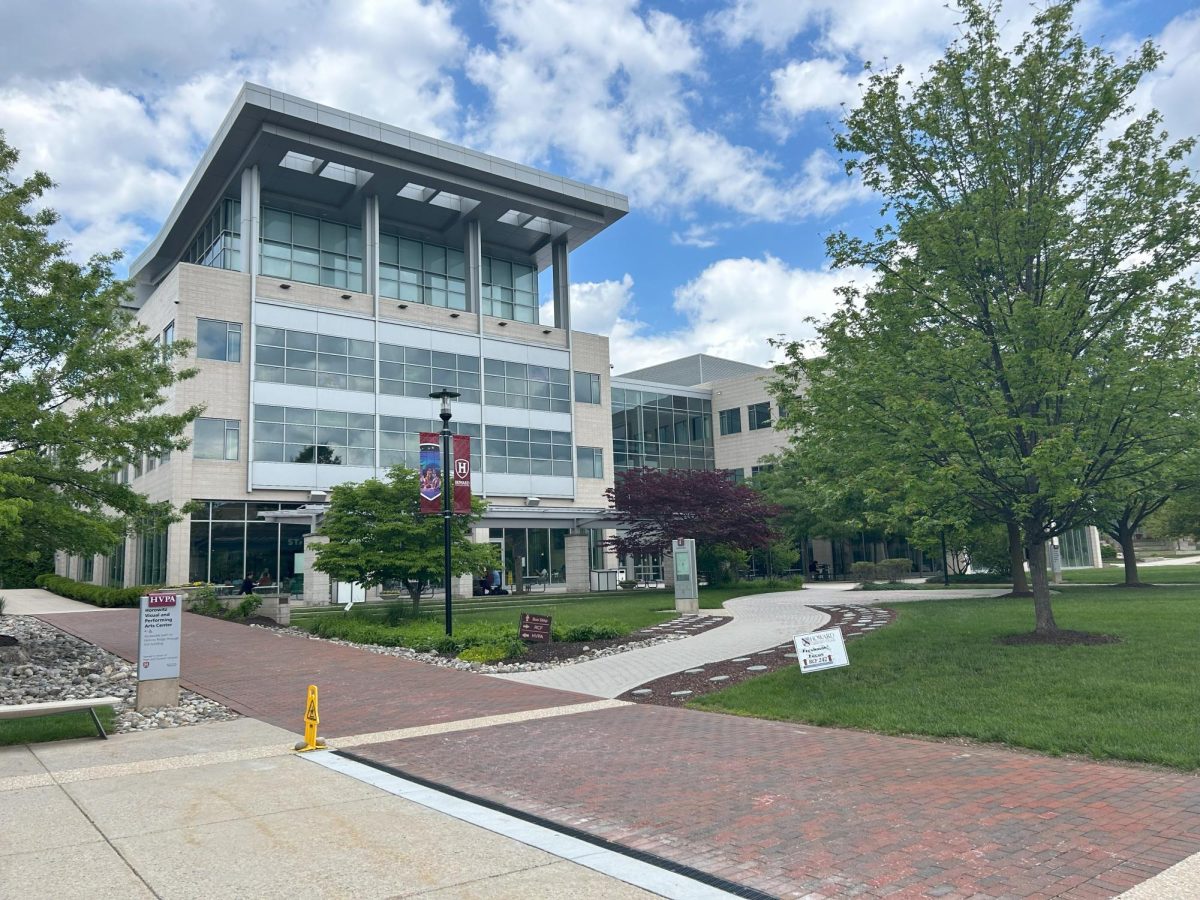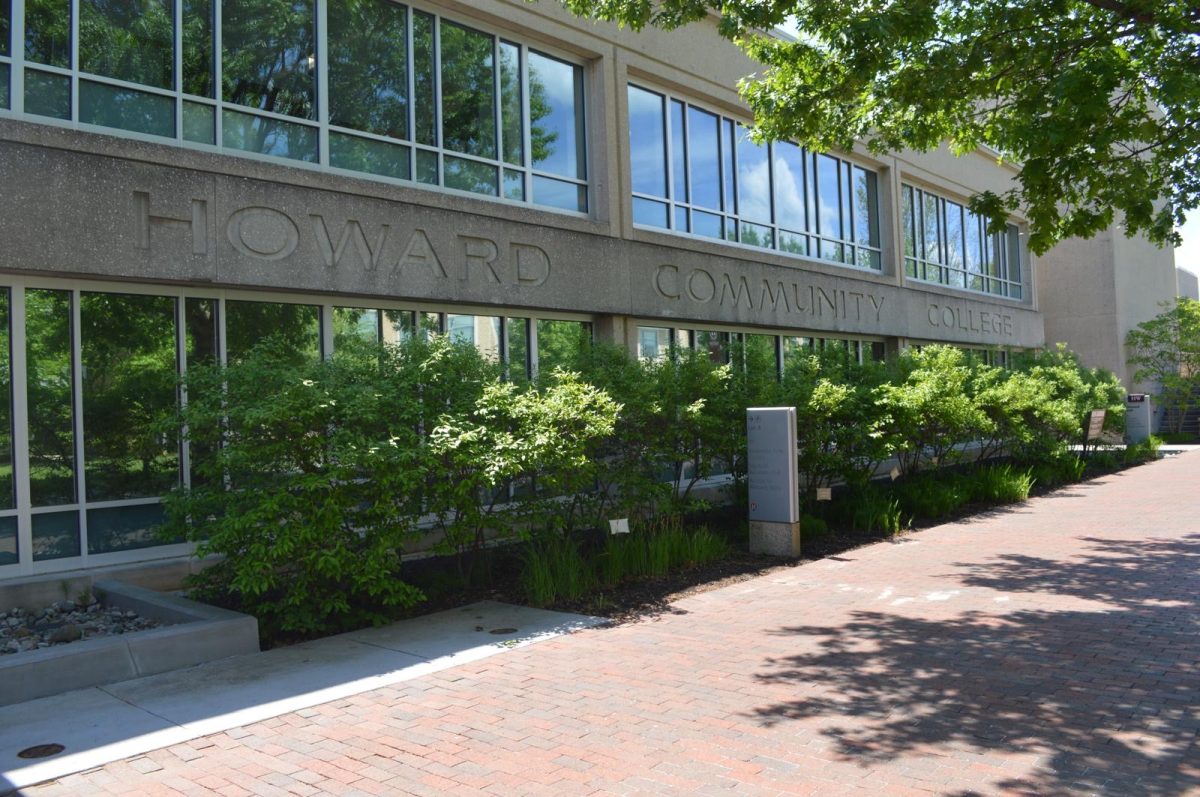You Are Not Alone: Suicide Prevention Month
You Don’t Have To Go It Alone
The Wellness Center at Howard Community College in the Academic Commons.
September 28, 2022
September is known for many things: the changing seasons, the Harvest Moon, the aggressive marketing of pumpkin spice laced food and beverages. It is also the month to pause and reflect on one of the most preventable tragedies in American society that leads to millions of deaths in United States and is one of the leading causes of death for college students—depression and suicide.
According to the CDC, in 2020, 12.2 million adults in the United States seriously thought about suicide. When asked about COVID-19’s impact on mental health, licensed clinical psychologist and National Clinical Director of Virtual Care for Pathlight Mood & Anxiety Center Dr. Deborah Michel comments, “There are plenty of studies that reflect the fact that we have seen a huge increase in mental health problems across the nation as a result of the pandemic.”
The pandemic amplified a problem that has existed well ahead of any of our lifetimes. That problem is the stigma associated with seeking help for depression, even when millions of people are affected by it.
If there is one positive lesson that has emerged from the coronavirus pandemic, it is that we are all in this together.
HCC Student Government Association President Israah Ansari, when asked about the stigma of seeking help, expresses, “There are people here and in this world who want to help and who genuinely want to see people overcome these kinds of bumps in the road and who are genuinely there for them, so they should turn to that as opposed to keeping it all in.”
“People don’t have to suffer with this,” Dr. Michel adds. “Depression is treatable.”
HCC students Brianna Jackson and Deja Moorman recall their past struggles with mental health, with Jackson noting, “It’s important for people to have something to help transform the pain into a form of self-betterment and love.”
“It’s not wrong to feel the feelings—you’re only human at the end of the day,” Moorman affirms. “Embrace your experiences, but don’t let them eat you up inside.”
Reflecting on her own experiences with depression, SGA President Ansari shares, “Unfortunately depression and anxiety runs in my family, so I’ve been through some extremely dark times in my life.”
“Depression is not a character flaw; it doesn’t mean you’re weak,” clinical psychologist Dr. Michel asserts. “It is a biologically based illness.”
Nearly everyone interviewed for this article stated the most important thing someone can do when experiencing depression or thoughts of suicide is to seek help.
If you think you or someone you know is struggling with depression or thoughts of suicide, consider asking for help at the HCC counseling center, the wellness center, or an external mental healthcare provider like Pathlight Mood & Anxiety Center. The National Suicide Prevention Lifeline can be reached by dialing 988 via call or text, or through a chat session on its official website.







